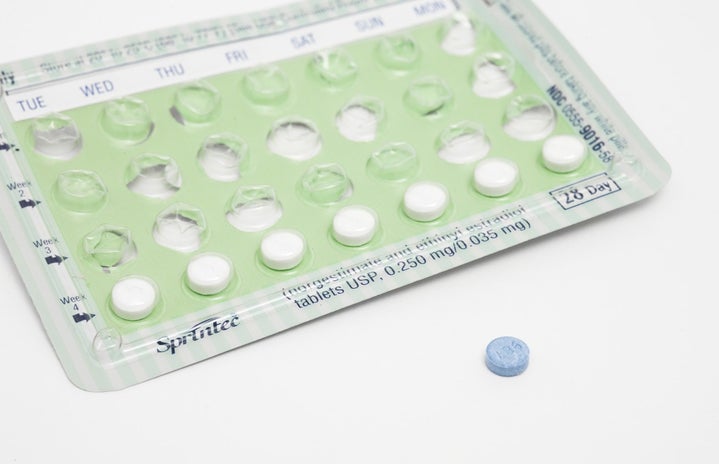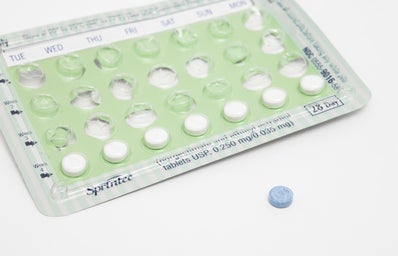Sex is a healthy human interaction meant to produce pleasure and to conceive offspring between partners. However, safe and unsafe sex may also bring unwanted STD’S that commonly go unnoticed. This is not to preach abstinence, but instead, to encourage the use of sexual health resources.
It is no secret that most public school sexual education courses fail to educate students enough about sex. Instead of actual education, many schools use fear as a tactic to scare kids away from sex. Most people only remember the boasting of abstinence, which is pretty unrealistic for many, and the trauma of viewing disturbing images of various sexually transmitted diseases.
https://media.giphy.com/media/3o7aTDP5aDFogC5KmY/giphy.gif
It is surprising how many people do not know that the majority of STD’s may have no observable side effects at all.
-
About 90% of individuals living with genital herpes do not know.
-
About 1.1 million people are living with HIV and approximately 1 in 7 people do not know.
-
Chlamydia, gonorrhea, and syphilis are the most common STI’s, and though individuals ages 15-24 are most affected, less than half get annual check-ups.
-
Approximately 80% of sexually active persons will encounter an HPV infection. There is an HPV vaccine, which may help individuals avoid various potential sex-related cancers.
-
Hepatitis B and C has greatly diminished after the vaccine was recommended in 1991, but it is still very prevalent.
It does not matter how many sexual partners one has had. Testing is a necessity for everyone. The main reason why STD’s spread so rampantly is because individuals are oblivious and unknowingly infect partners.
Visiting a clinic to request testing may be a daunting task as you are unaware of what to expect, but it is always better to be safe than sorry. Nurses and doctors working in sexual health understand the apprehension of their patients and work hard to make the experience as stress-free as possible.
There are drugs and treatments out that may clear and/or alleviate symptoms of sexually transmitted diseases.
Getting tested is not only important, but it is also your responsibility to ensure that your partner is free from sexually transmitted disease so you can have the safest, most enjoyable experience possible.
View the interactive infographic here:
https://www.cdc.gov/std/prevention/lowdown/index.html
Free or low-cost STD/STI testing facilities:
Planned Parenthood
Your college/university clinic
CDC
Local non-profit organizations
http://prochoicetexas.org/learn-more/sex-education/


